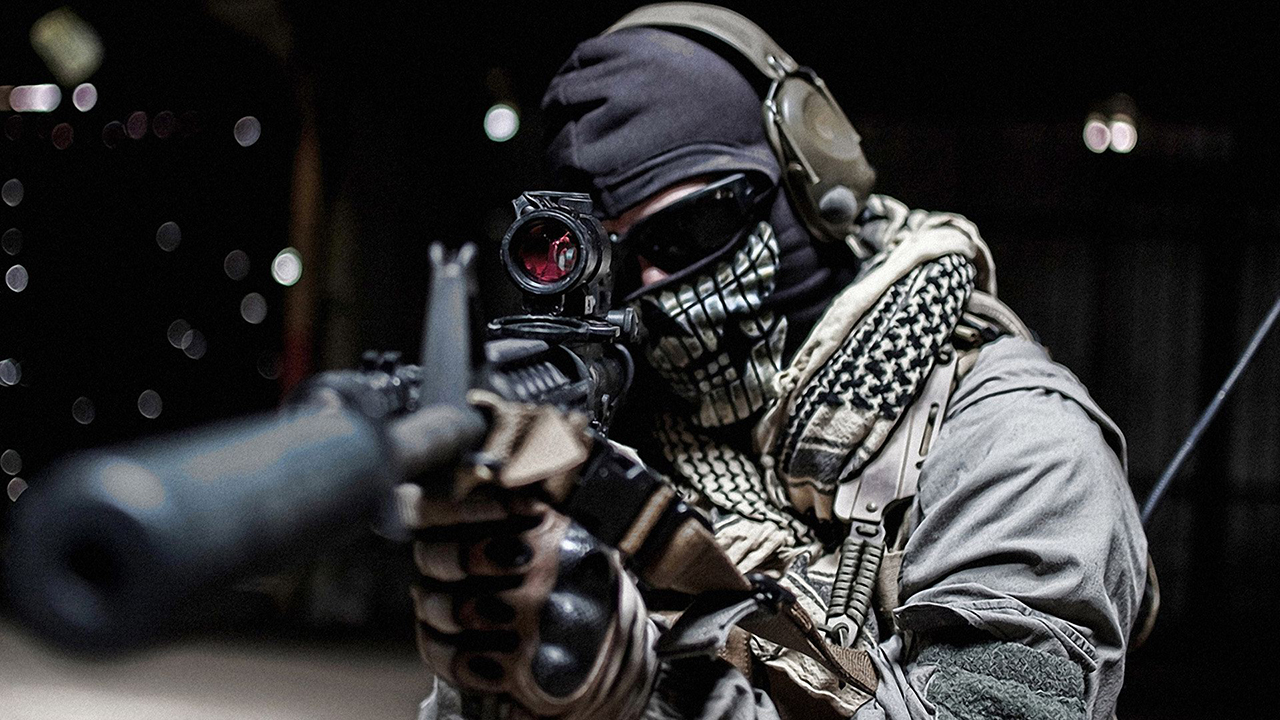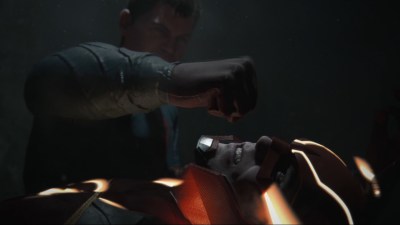Back in July, we covered some particularly absurd news when Panamanian ex-dictator Manuel Noriega sued Activision over the “blatent misuse, unlawful exploitation and misappropriation [of his likeness] for economic gain” in Call of Duty: Black Ops 2.
Activision has fired back with the help of former New York City Mayor Rudy Giuliani, issuing a terse but strongly worded statement and filing a motion to dismiss, what they have called, a “frivolous” lawsuit. Guiliani, now of Bracewell & Giuliani LLP, was drafted to serve as co-counsel and defend Activision on the grounds that using Noriega’s depiction in Call of Duty: Black Ops 2 is a protected right under the First Amendment.
The lawsuit claimed, among other things, that Activision’s “use of [Noriega’s] likeness caused damage to the plaintiff. Plaintiff was portrayed as an antagonist and portrayed as the culprit of numerous fictional heinous crimes.” You know, as though he wasn’t in jail for drug trafficking, money laundering, racketeering, not to mention human rights violations and murder.
Giuliani’s statement was quite direct: “What’s astonishing is that Manuel Noriega, a notorious dictator who is in prison for the heinous crimes he committed, is upset about being portrayed as a criminal and enemy of the state in the game Call of Duty. Quite simply, it’s absurd. I’m not interested in giving handouts to a convicted murderer and drug smuggler like Manuel Noriega who is demanding money from Activision and its popular Call of Duty franchise for simply exercising its right to free speech. Noriega’s attack on the rights of Call of Duty comes as no surprise considering he’s a lawless tyrant who trampled over the rights of his own people.”
Activision went on to note that it has portrayed other “ruthless dictators” in their popular franchise, including Fidel Castro (who, as far as we know, has not filed a lawsuit). They’ve also gone toward the other end of the spectrum and portrayed American President John F. Kennedy (and, as far as we know, none of the Kennedy’s ever had an issue with this).
The motion was filed to the Superior Court of the State of California, and seeks to dismiss Noriega’s complaint under California’s anti-SLAPP statute, a state provision that was enacted in order to protect freedom of speech against spurious lawsuits.
Activion had this poignant message: “If successful, Noriega’s efforts would give numerous historical and political figures - and their heirs - a veto right over their appearances in works of art, having a chilling effect on movies such as Forrest Gump and Zero Dark Thirty, TV shows such as Saturday Night Live and Boardwalk Empire, and beloved books such as Primary Colors and The Paris Wife, just to name a few.”
American’s take their First Amendment rights very seriously. Activision is completely correct in their statement, because if Noriega’s lawsuit is upheld and using a person’s image or likeness in film, literature, or art is not protected under the rights of freedom of speech provisions of the Constitution, artists, writers, film makers, producers and everyone in between would be creatively quelled. The average art student wouldn’t be able to paint a famous portrait for their professional portfolio without fear of being slapped with a lawsuit, not to mention beautiful films like The King’s Speech might never be dreamt of, let alone made. The gaming community would be neatly balled up in that little package, too, make no mistake about that. Ubisoft would soon be in hot water with its Assassin’s Creed franchise.
We’ll have to watch this very carefully as it makes its way through the California court system. It grates our sensibilities to see a dictator like Noriega complain that he is being portrayed in a fictional game as an accurate representation of himself, and it would be even worse to see him profit out of it. The bigger concern, though, is the potential fallout from a decision in favor of Noriega and the tenuous state of the average American’s right to free speech.
Someone get Mr. Orwell on the phone… unless, of course, he wrote somewhere that he didn’t want his likeness portrayed.
If you haven’t seen it (or have since forgotten), you can watch the scene where Noriega is captured below.


